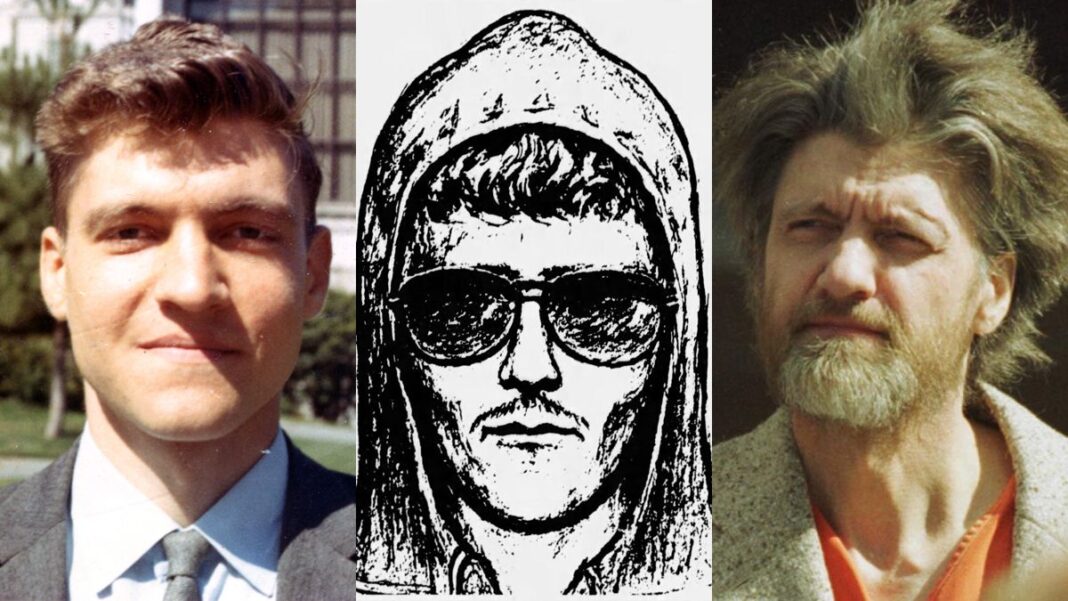The Supreme Court limited the reach of the federal Identity Theft Penalty Enhancement Act, unanimously rebuffing the Biden administration’s efforts to prosecute a man already convicted of Medicaid fraud with a separate charge of aggravated identity theft arising out of the same fraud case.
The 9–0 opinion (pdf) in Dubin v. United States (court file 22-10) was issued on June 8 and authored by Justice Sonia Sotomayor. Justice Neil Gorsuch filed a concurring opinion.
The Identity Theft Penalty Enhancement Act mandates a two-year prison sentence for violations.
When President George W. Bush signed the law in 2004, he said it established the federal “offense of aggravated identity theft” to ensure that someone convicted of that crime would receive jail time “for stealing a person’s good name.”
“These punishments will come on top of any punishment for crimes that proceed from identity theft,” the 43rd president said at the time.
The act, Bush said, “raises the standard of conduct for people who have access to personal records through their work at banks, government agencies, insurance companies, and other storehouses of financial data.”
But the Supreme Court disagreed with the U.S. Department of Justice’s argument that petitioner David Fox Dubin was automatically guilty under the act because a fraudulent Medicaid billing form include the patient’s Medicaid reimbursement number as a “means of identification.”
Dubin worked as a managing partner for PARTS, a company in Austin, Texas, created by his father, licensed psychologist William Dubin.
Both men were convicted by a U.S. district court for a scheme to defraud Texas’s Medicaid program.
Medicaid is a joint federal–state program that serves low-income people of all ages and varies from state to state. It’s run by state and local governments within federal guidelines. Each state sets its own rules about eligibility and services.







